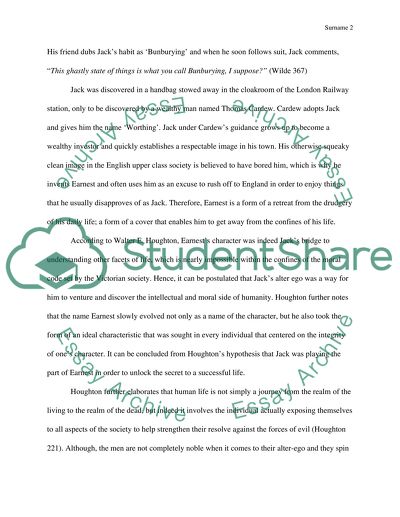Cite this document
(“Oscar Wilde Essay Example | Topics and Well Written Essays - 3250 words”, n.d.)
Retrieved from https://studentshare.org/english/1475080-oscar-wilde
Retrieved from https://studentshare.org/english/1475080-oscar-wilde
(Oscar Wilde Essay Example | Topics and Well Written Essays - 3250 Words)
https://studentshare.org/english/1475080-oscar-wilde.
https://studentshare.org/english/1475080-oscar-wilde.
“Oscar Wilde Essay Example | Topics and Well Written Essays - 3250 Words”, n.d. https://studentshare.org/english/1475080-oscar-wilde.


